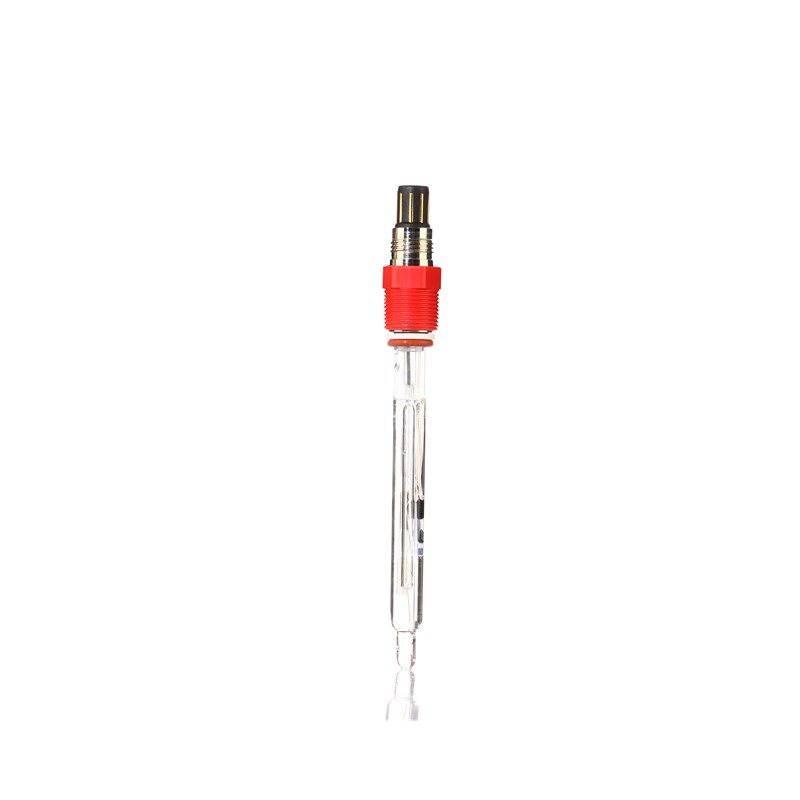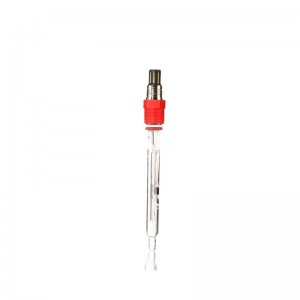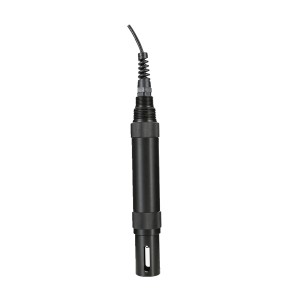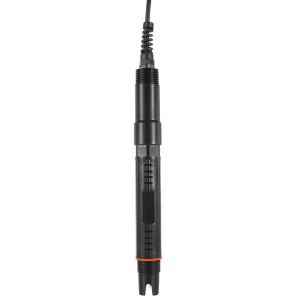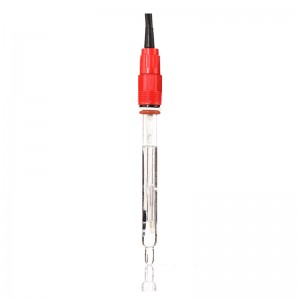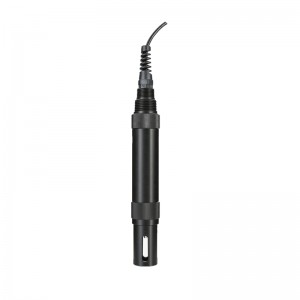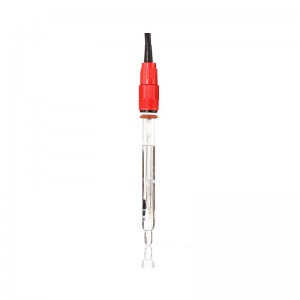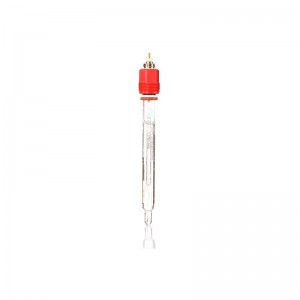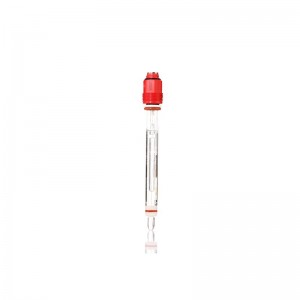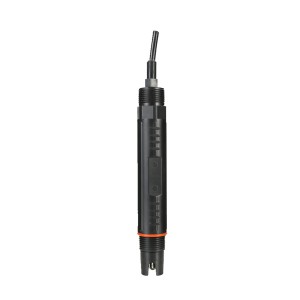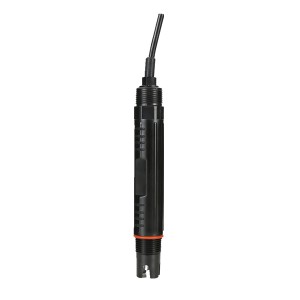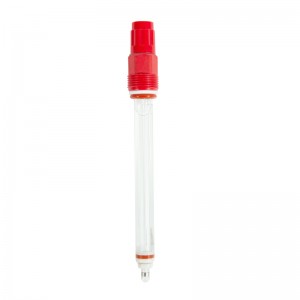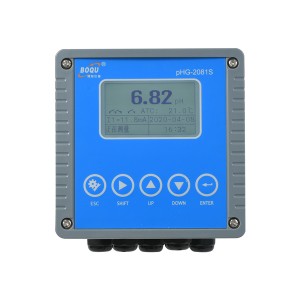Features
1. It adopts heat-resisting gel dielectric and solid dielectric double liquid junction structure; in the circumstances when the electrode is not connected to the back pressure, the withstand pressure is 0~6Bar. It can be directly used for l30℃ sterilization.
2. There is no need for additional dielectric and there is a little amount of maintenance.
3. It adopts VP and PGl3.5 thread socket, which can be replaced by any overseas electrode.
4. For the electrode length, there are 120, 150, 210, 260 and 320 mm available; according to different needs, they are optional.
Measuring range: 0-14PH
Temperature range: 0-130 ℃
Compressive strength: 0~6Bar
Sterilization temperature: ≤ l30 ℃
Temperature compensation: PT1000 etc
Socket: VP, PG13.5
Dimensions: Diameter 12×120, 150, 225 and 325mm etc
Bio-engineering: Amino acids, blood products, gene, insulin and interferon.
Pharmaceutical industry: Antibiotics, vitamins and citric acid.
Beer: Brewing, mashing, boiling, fermentation, bottling, cold wort and deoxy water.
Food and beverages: On-line measurement for MSG, soy sauce, dairy products, juice, yeast, sugar, drinking water and other bio-chemical process.
pH is a measure of the hydrogen ion activity in a solution. Pure water that contains an equal balance of positive hydrogen ions (H +) and negative hydroxide ions (OH -) has a neutral pH.
● Solutions with a higher concentration of hydrogen ions (H +) than pure water are acidic and have a pH less than 7.
● Solutions with a higher concentration of hydroxide ions (OH -) than water are basic (alkaline) and have a pH greater than 7.
pH measurement is a key step in many water testing and purification processes:
● A change in the pH level of water can alter the behavior of chemicals in the water.
● pH affects product quality and consumer safety. Changes in pH can alter flavor, color, shelf-life, product stability and acidity.
● Inadequate pH of tap water can cause corrosion in the distribution system and can allow harmful heavy metals to leach out.
● Managing industrial water pH environments helps prevent corrosion and damage to equipment.
● In natural environments, pH can affect plants and animals.

